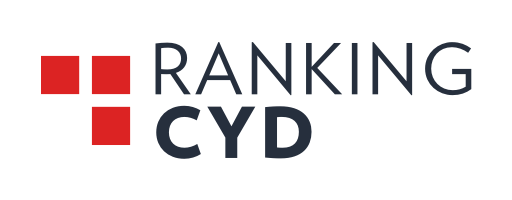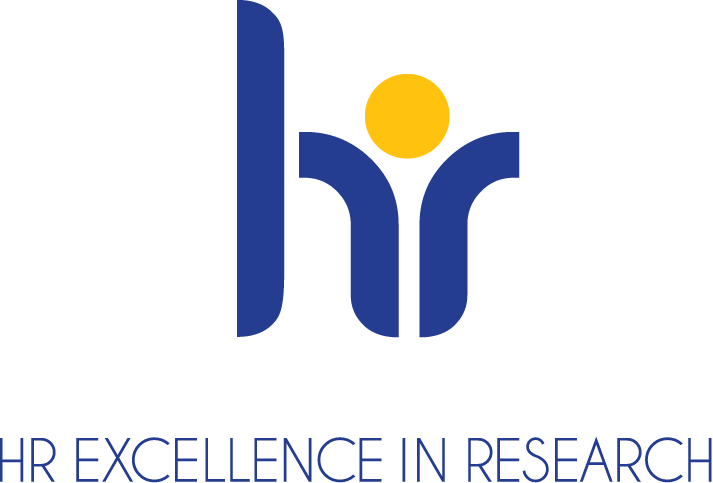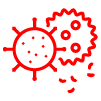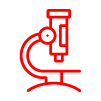Our research. University of Navarra
At the University of Navarra, our research aims to provide answers to today's challenges in health, social, environmental and economic needs. We put people and the environment at the heart of our initiatives. We work in multidisciplinary teams and collaborate closely with other centers to promote transfer knowledge and innovation for the benefit of society.
 PALOMA GRAU
PALOMA GRAU
Vice President from research and Sustainability

10|12|2025
The University obtains €2 million in financial aid to research new ways to combat Alzheimer's disease.
Maite Solas has received the scholarship Consolidator Grant scholarship to study the role of brain metabolism in the early stages of enf
Read more
09|12|2025
An Alexa culturally adapted to promote the integration of older migrants in Navarre
Students from Degree PPE Degree at the School Philosophy Letters have offered a proposal the care of elderly migrants for
Read more
04|12|2025
Un investigador del ICS obtiene una prestigiosa ayuda Ramón y Cajal del Gobierno de España
Raúl Bajo-Buenestado is an expert in Economics and the energy sector.
Read more
FORESTCHAR
Biochar from forestry residues for circular Economics
PLEXUS
knowledge dissemination of philosophical logic
BIOMA: Institute for Biodiversity and Environment research
+
The mission statement of Biodiversity and Environment Institute is to address issues core topic on the nature and future of the planet under a approach multidisciplinary , constituting a point of meeting between the university research and the administration, business and society.
+
DATAI: Institute of Science of the data and Artificial Intelligence
+
It brings together the lines of research in science of the data and AI of the different centers of the University. At the same time it seeks innovation and knowledge transfer to the industrial, business and social spheres, with a strong involvement in the training of researchers, students and professionals.
+
Cancer Center Clínica Universidad de Navarra
+
It carries out an intense activity of innovation in the prevention, diagnosis and treatment of cancer, supported by solid multidisciplinary teams that develop cutting-edge research , clinical trials and treatments based on the latest technology and evidence available. It integrates the training and training of health professionals and biomedical researchers.
+
Technology Center CEIT
research center linked to the University of Navarra. Its main task is to carry out industrial projects of applied research and technological development , in partnership with the Departments of research and development of companies from different sectors (railway, aeronautics, automotive, health, manufacturing, energy or environment).
+
research center Applied Medical (CIMA)
+
research center linked to the University of Navarra. Its research is based on a novel biological knowledge , whose aim is to find therapeutic solutions to patients' needs. For this reason, the Cima and the Clinic share a common project : to put the patient at the center of the research.
+

CYD 2024 FOUNDATION
The University is in the Top 3. in research and in Transf. of knowledge, compared to other Spanish universities.

Times Higher Education 2025
The University of Navarra is the first in Spain in transfer of knowledge for obtaining the best score of the country in the pillar of "partnership with the industry" (Industry) and the third for its research quality (Research Quality).
PORTAL SCIENTIST
The research in figures

2.235
Researchers
150
Groups
1.740
Financing
60.144
Publications
5.800
Theses
24.852
Open Access
Obtaining the HR Excellence in Research seal on September 14, 2020 accredits the University of Navarra as an entity committed to quality in the management of human resources at research.

The University of Navarra is an institution that since its origins has always been committed to research, both in scientific and humanistic areas.
The continuous commitment to research and the desire to improve at all levels has recently led it to join the European initiatives called the "European Charter for Research" researcher and the "Code of Conduct for the Recruitment of Researchers".
Following the European Commission's recommendations, in 2016 the University created a working group of professionals from different research areas whose initial task was to carry out an internal analysis on the basis of the principles laid down by the European Charter and the Code of Conduct. This analysis has concluded in a solid diagnosis of the current situation at the University of Navarra and a definition of an Action Plan which will be published soon.
Convinced that its human capital is its most important value, the University of Navarra has proceeded to signing the following endorsement letter, ascertaining its commitment to obtaining the Human Resource Strategy for Researchers (HSR4R) seal of Excellence in the subsequent months.
-
President: Alfonso Sánchez-Tabernero
-
Vice President of Research: Icíar Astiasarán
-
Vice President of International Relations: Pilar Lostao
-
Vice President of Faculty Affairs: María Iraburu
-
Vice President of Communication and Development: Gonzalo Robles
-
Director of the Research Management Service: Javier Mata
-
Director of Human Resources: Belén Latasa
-
R&D Director: Fernando de la Puente
-
Deputy director of International Projects Office: Cristina Patsouris
-
Head of Research Human Resources: Pablo Goñi
-
Director of the Technical Research Secretary: Pilar Recalde
-
Deputy Director of Valuation and Transfer: Xavier Tapias
-
Deputy Director of Labor Relations: Elena Unzué
-
Quality Assurance Unit: Olga Ezpeleta
-
Ethics Committee: Ángela Sáenz
DOCUMENTS OF INTERESTS
- Welcome guide for researchers
- Checklist for the application for foreign community personnel
- Checklist for the application for non-EU foreign personnel
- Action Plan
- Gap Analysis
- Interim Assessment
- Code of good practices in research
- Principles for the selection and hiring of staff researcher
- guide best practices for interviewers


















